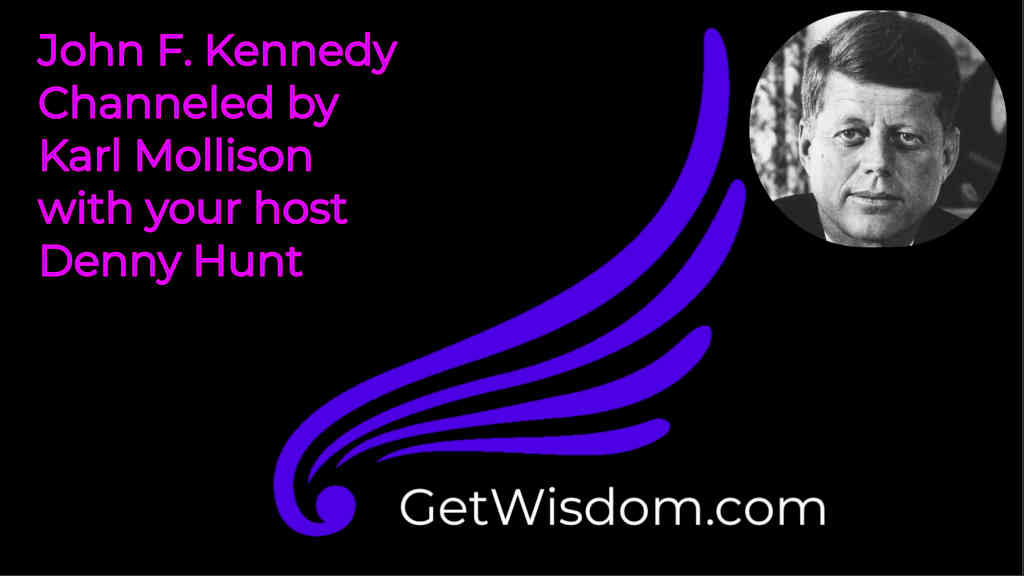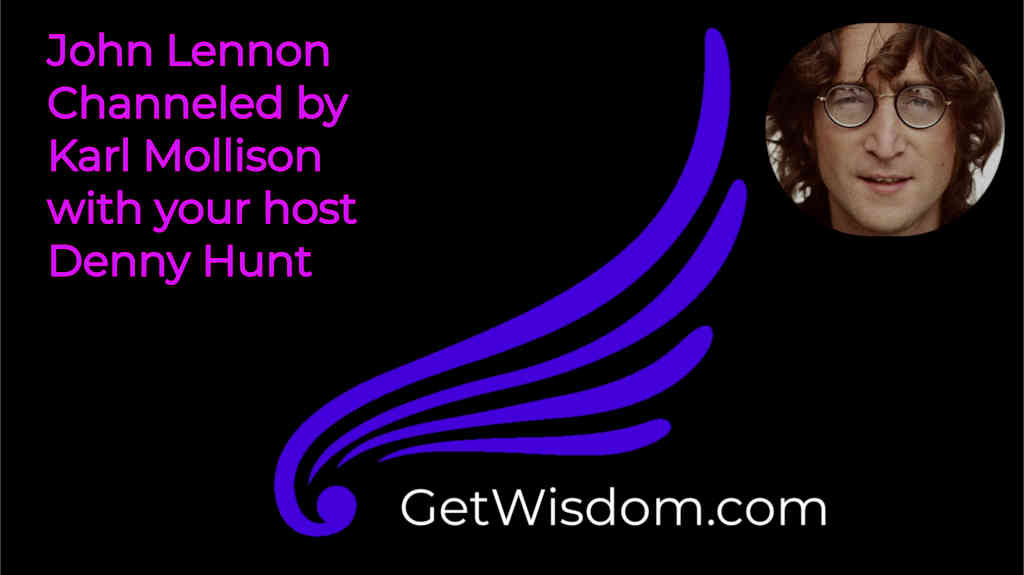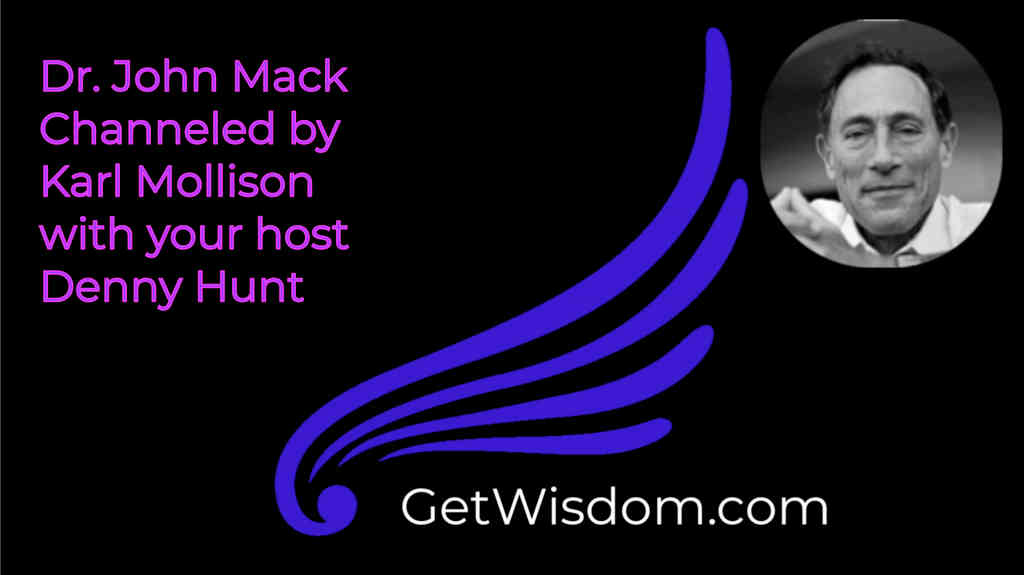
John F. Kennedy Channeled by Karl Mollison 23Jan2018
Adapted from Marc J. Selverstone’s Life in Brief and https://en.wikipedia.org/wiki/John_F._Kennedy
John Fitzgerald Kennedy (May 29, 1917 – November 22, 1963), commonly referred to by his initials JFK, was born into a rich, politically connected Boston family of Irish-Catholics. He and his eight siblings enjoyed a privileged childhood of elite private schools, sailboats, servants, and summer homes. During his childhood and youth, “Jack” Kennedy suffered frequent serious illnesses.
Nevertheless, he strove to make his own way, writing a best-selling book while still in college at Harvard and volunteering for hazardous combat duty in the Pacific during World War II. Kennedy’s wartime service made him a hero. After a short stint as a journalist, Kennedy entered politics, serving in the U.S. House of Representatives from 1947 to 1953 and the U.S. Senate from 1953 to 1961.
Kennedy was the youngest person elected U.S. President and the first Roman Catholic to serve in that office.
Kennedy’s time in office was marked by high tensions with communist states in the Cold War. He increased the number of American military advisers in South Vietnam by a factor of 18 over President Dwight D. Eisenhower. In April 1961, he authorized a failed joint-CIA attempt to overthrow the
Cuban government of Fidel Castro in the Bay of Pigs Invasion.
He subsequently rejected Operation Northwoods plans by the Joint Chiefs of Staff to orchestrate false flag attacks on American soil in order to gain public approval for a war against Cuba. In October 1962, U.S. spy planes discovered that Soviet missile bases had been deployed in Cuba; the resulting period of tensions, termed the Cuban Missile Crisis, nearly resulted in the breakout of a global thermonuclear
conflict.
Domestically, Kennedy presided over the establishment of the Peace Corps and supported the African-American Civil Rights Movement, but he was largely unsuccessful in passing his New Frontier domestic policies. Kennedy continues to rank highly in historians’ polls of U.S. presidents and with the general public.
His average approval rating of 70% is the highest of any president in Gallup’s history of systematically measuring job approval.
Kennedy was the youngest person elected U.S. President and the first Roman Catholic to serve in that office. For many observers, his presidency came to represent the ascendance of youthful idealism in the aftermath of World War II.
The promise of this energetic and telegenic leader was not to be fulfilled, as he was assassinated near the end of his third year in office. For many Americans, the public murder of President Kennedy remains one of the most traumatic events in memory—countless Americans can remember exactly where they were when they heard that President Kennedy had been shot.
His shocking death stood at the forefront of a period of political and social instability in the country and the world.


